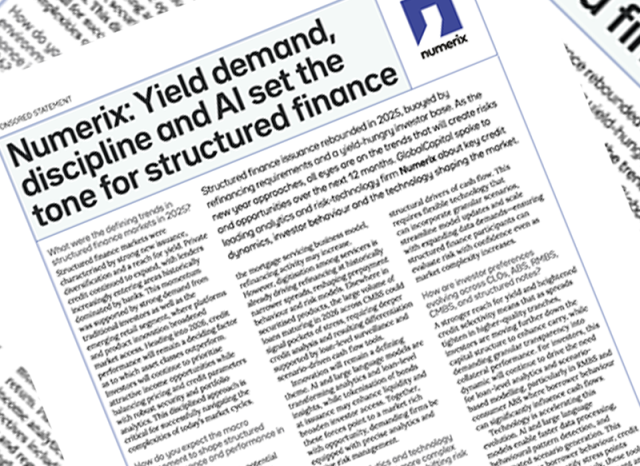
The Fundamental Review of the Trading Book: Key Challenges and Implementation Headaches
The broad implications of the revised capital framework proposed under the Fundamental Review of the Trading Book (FRTB) have begun to crystalize. These gains are the fruit of significant discussion, analyses and impact studies from industry participants and regulatory bodies. Banks are faced with anticipated increases in overall capital requirements, stricter tests for internal model approvals, needs for enhanced data quality, aggregation challenges, and more computationally-burdensome risk metrics. As we near the finalization of the Basel-level standards, and as implementation dates for the new framework grow nearer, banks are analyzing specific details of the FRTB standards with increased vigor.
This white paper provides an assessment of how the new FRTB framework, including both the new FRTB-Market Risk (FRTB-MR) and FRTB-CVA risk frameworks, deviate from the existing Basel III capital framework, and it seeks to summarize some of the more nuanced issues the industry has raised concerns over throughout the course of 2016. In the context of the FRTB-MR framework, we will dive into some opaque aspects of the P&L attribution test which must be passed to gain internal model approval, and examine the Residual Risk Add-On (RRAO). In the context of the FRTB-CVA framework, we will discuss the calculation of CVA sensitivities and the treatment of initial margin. We will also spend some time on the importance of initial margin and its impact on trading costs at the end of the paper.


